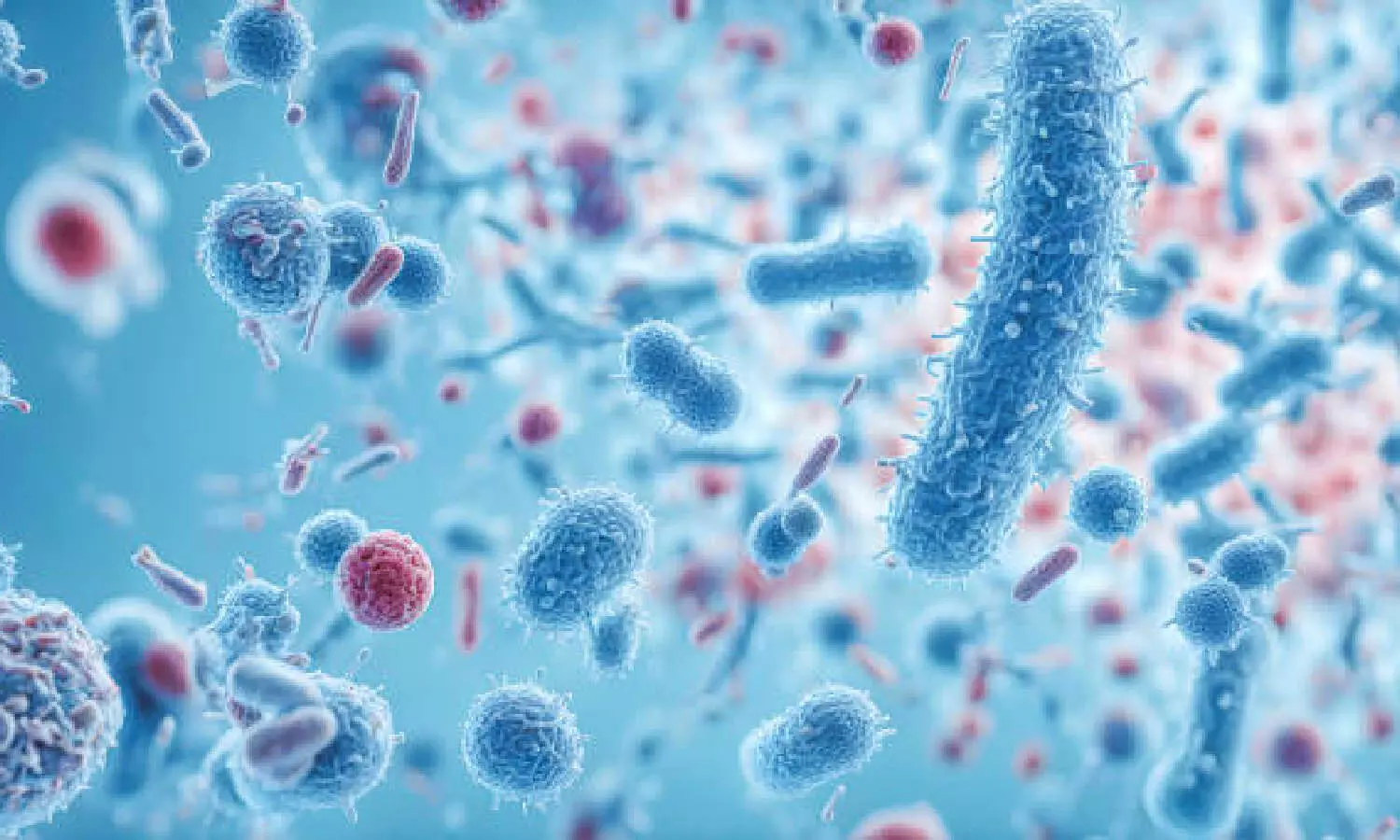'Melioidosis’ outbreak: Andhra Health Minister seeks report in 2 weeks
Dr. Raghunandan, and other senior officials briefed the Minister on the investigations conducted so far, including blood sample analyses and medical test results.
By - Naresh Kumar |
Melioidosis’ outbreak: Andhra Health Minister Satyakumar Yadav seeks report in 2 weeks
Amaravati : Andhra Pradesh Health Minister Satyakumar Yadav has sought a detailed report about the causes of the recent deaths at Turakapalem in Guntur.
Around 20 people in Turakapalem village died in the past two months due to suspected Melioidosis. Chief Minister Nara Chandrababu Naidu declared a health emergency in the village and rushed all those people suffering from illness to hospitals.
Yadav expressed disappointment over the district authorities' failure to promptly inform the government about the series of deaths. He called for enhanced supervision by senior doctors in the village.
He directed the health officials to take serious note of the continuous deaths in Turakapalem village of Guntur district. He sought a detailed report within two weeks listing the causes of the death.
The Minister directed that surveillance mechanisms be strengthened. He said that if high-fever cases are detected during the ANMs’ door-to-door visits, the information should be relayed immediately to state authorities through district officials.
At the review meeting, Health and Family Welfare Commissioner Veerapandian, Director of Medical Education Dr. Raghunandan, and other senior officials briefed the Minister on the investigations conducted so far, including blood sample analyses and medical test results.
42 Types of Tests Conducted for 1,501 People :
Of the 2,018 residents above 18 years of age in Turakapalem, 1,501 are currently living in the village. Extensive health screening was carried out on these 1,501 individuals, involving 42 different tests.
Blood samples were collected from 109 fever cases, and blood culture reports showed that 4% tested positive for melioidosis. Among them, one patient died while three recovered.
Soil sample test results are still awaited.
Prevalence of Health Issues :
Diabetes was found in 7% of the tested population.
Kidney function issues (RFT) were detected in 6%.
Liver function abnormalities were observed in 10%.
In the lipid profile (cholesterol) test, nearly 59% showed levels beyond the normal limit.
White blood cell (WBC) count issues were found in 13%, while lymphocytosis (infection) was identified in 14%.
Red blood cell (RBC) issues were seen in 22%, and anemia was present in 48%, of which 66% were women.
Strengthened Death Reporting System :
Officials informed the Minister that, based on lessons from Turakapalem, ANMs will now record daily deaths in villages through the ‘Ashalu’ app. If the number of deaths in a village crosses the specified threshold, automatic alerts will be sent to district and state health officials for immediate action.
The Minister directed that the upcoming report must also include:
Opinions and recommendations of the medical teams who visited the village.
Detailed case sheet reviews of the deceased.
Extension to Kothareddypalem :
The Minister further suggested that Kothareddypalem, a nearby village with similar socio-economic conditions, should also undergo comprehensive testing.
What is Melioidosis virus?
Melioidosis is caused by the bacterium Burkholderia pseudomallei (B. pseudomallei), found in contaminated soil and water, especially in Southeast Asia and Northern Australia. It is a serious, potentially fatal disease transmitted through direct contact with contaminated soil or water via wounds, inhalation, or ingestion.
Symptoms of the virus can vary widely, from subclinical to severe pneumonia or septicemia, and may include cough, chest pain, fever, and skin lesions.
How does it spread?
Direct contact with contaminated soil or water is the primary way the bacteria enter the body.
The virus can enter through cuts, grazes, or other open wounds on the skin, breathing in contaminated soil or water dust, and drinking contaminated water.
People with diabetes, chronic lung disease, liver disease, or kidney disease are at higher risk for severe melioidosis.